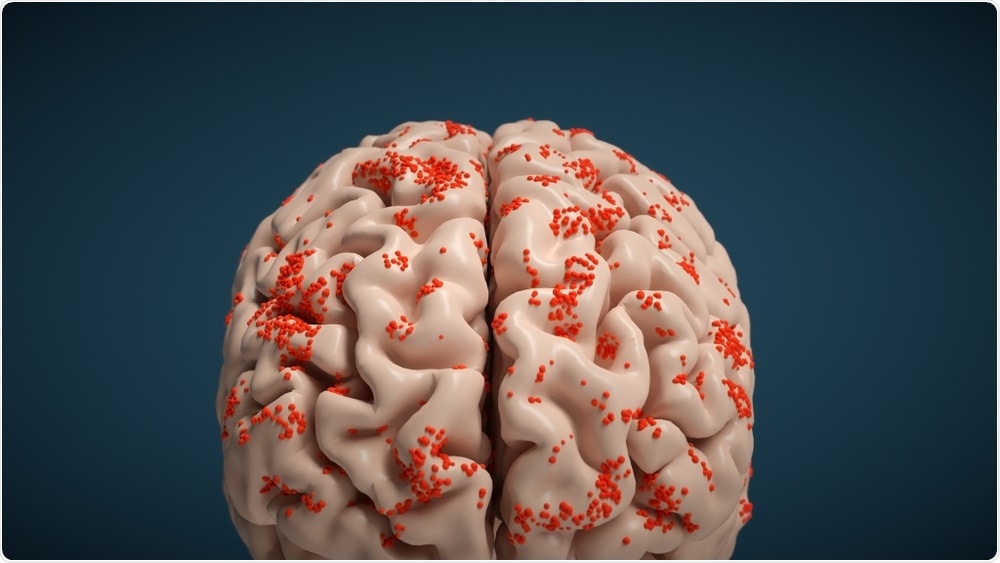A multi-institutional research group headed by scientists from the Vanderbilt University Medical Center (VUMC) has isolated monoclonal antibodies that, in laboratory and animal studies, prohibited infection by alphaviruses, including the usually lethal Eastern equine encephalitis virus (EEEV).

Image Credit: Negro Elkha/Shutterstock.com
EEEV infects the central nervous system of humans, horses, and other animals. It is the most virulent encephalitic alphavirus. Only a few human cases are recorded every year in the United States, but the mortality rate exceeds 30%. Moreover, there are no approved vaccines or antiviral drugs to treat it.
The findings published in the recent issue of the journal Cell offer new hope for a means to prevent and treat mosquito-transmitted infections by this varied family of viruses, which results in neurological (encephalitic) and musculoskeletal (arthritogenic) diseases in humans.
We were gratified to isolate protective antibodies like this from the blood cells of survivors. These antibodies teach us how to make new vaccines to prevent brain infections, and the antibodies could be useful as drugs to prevent or treat infections.”
James Crowe Jr, MD, Study Corresponding Author and Director, Vanderbilt Vaccine Center, Vanderbilt University Medical Center
James Crowe Jr, MD, is also the Ann Scott Carell Chair and professor of Pediatrics and Pathology, Microbiology & Immunology at VUMC.
By contrast, millions of people are infected every year by chikungunya, an alphavirus that causes fever and severe debilitating joint and muscle pain. To date, there is no targeted therapy for the disease, which is endemic in the Caribbean and Americas and is spreading outside the tropics.
Infection by alphavirus occurs when a “spike” protein on the viral surface binds to a target cell receptor in the body. The virus is engulfed into the cell, where it hijacks the cell’s genetic machinery to copy itself.
Even though the body’s immune system can create neutralizing antibodies capable of inhibiting individual alphaviruses, broadly reactive antibodies that can protect against both arthritogenic and encephalitic alphaviruses have not been recorded to date.
Crowe and co-workers isolated monoclonal antibodies against the E1 spike proteins of a range of alphaviruses from the blood of people who survived EEEV infection.
In both laboratory and animal studies, the antibodies identified alphavirus protein on the surfaces of infected cells and inhibited new viruses from leaving the cells.
In a companion report published in the same issue of Cell, Michael Diamond, MD, Ph.D., and co-workers from the Washington University School of Medicine in St. Louis found two human monoclonal antibodies that attach avidly to cells infected by encephalitic or arthritogenic alphaviruses.
The antibodies showed weak neutralizing activity against the viruses, but they, similar to those recognized by the VUMC scientists, identified the highly conserved E1 alphavirus protein and protected against arthritogenic and encephalitic alphavirus infection and disease in animal studies.
Both researches works together indicate that E1-specific monoclonal antibodies could form the basis for creating broadly effective immunotherapy against alphavirus infection, the scientists concluded.
Source:
Journal reference:
Williamson, L. E., et al. (2021) Therapeutic alphavirus cross-reactive E1 human antibodies inhibit viral egress. Cell. doi.org/10.1016/j.cell.2021.07.033.